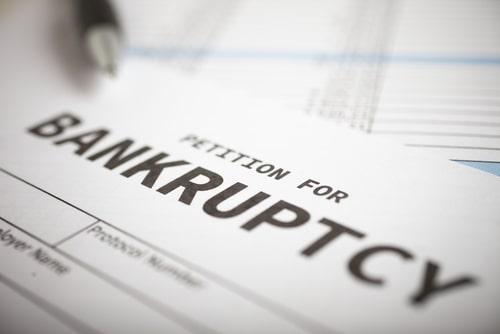Will I Lose All My Assets When I File for Bankruptcy?
 While bankruptcy can help individuals and families eliminate some or all of their debts, many people who consider filing for bankruptcy are concerned about losing their assets, such as their home, car, or personal belongings. While it is true that bankruptcy will sometimes involve a liquidation of assets, the extent to which you may lose your assets will depend on several factors, including the exemptions available to you.
While bankruptcy can help individuals and families eliminate some or all of their debts, many people who consider filing for bankruptcy are concerned about losing their assets, such as their home, car, or personal belongings. While it is true that bankruptcy will sometimes involve a liquidation of assets, the extent to which you may lose your assets will depend on several factors, including the exemptions available to you.
Chapter 7 Bankruptcy: Liquidation
Chapter 7 bankruptcy, also known as liquidation bankruptcy, is the most common form of personal bankruptcy. In a Chapter 7 bankruptcy, the types of assets you own will be evaluated, and your non-exempt assets may be seized and sold to repay your creditors. However, North Carolina bankruptcy laws provide exemptions that protect certain types and amounts of property from being liquidated.
While the exemptions vary depending on your individual circumstances, some common exempt assets in North Carolina include:
-
Your primary residence (up to a certain equity limit, which is $35,000 in most cases)
-
Your vehicle (up to a value of $3,500)
-
Necessary clothing, household goods, and furnishings (up to a value of $5,000)
-
Retirement accounts and pensions
-
Public benefits, such as Social Security and unemployment benefits
-
Tools of trade or profession (up to a value of $2,000)
If your assets fall within the exemption limits, you can keep them during a Chapter 7 bankruptcy. However, any non-exempt assets may be sold to repay your creditors.
Consult With a Mecklenburg County Bankruptcy Attorney
When considering bankruptcy, it is essential to consult with an experienced attorney who can evaluate your unique financial situation and help you understand your options. At Blossom Law PLLC, our Huntersville bankruptcy lawyer can guide you through the bankruptcy process, advise you on how to protect your assets to the fullest extent possible, and ensure that you comply with all legal requirements to discharge your debts.
If you are concerned about the potential loss of your assets when filing for bankruptcy in Mecklenburg County, North Carolina, contact us at 704-256-7766 to schedule a free consultation. We will review your case, explain the exemptions applicable in your situation, and provide guidance tailored to your specific needs.


 704-BLOSSOM
704-BLOSSOM

